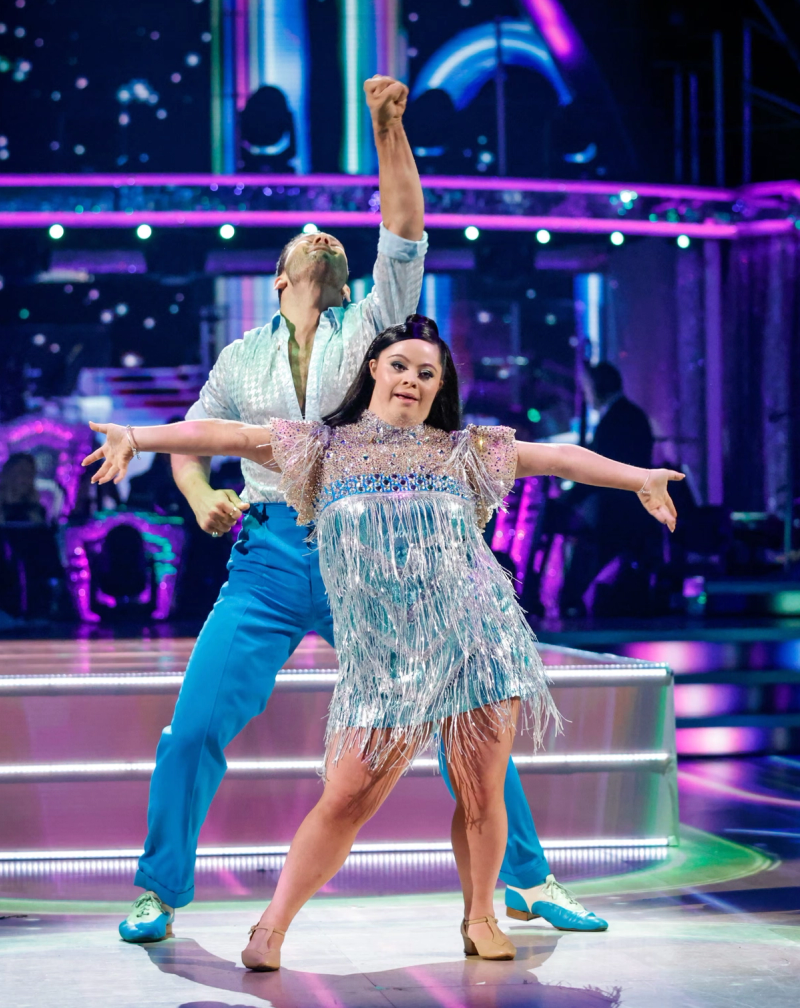
These moments matter

As I sat watching BBC's Strictly Come Dancing this evening, as I have done every autumn for the past 15 years or so, I found myself crying at the show for the very first time. Not because of the awful pantomime that is the pre-dance training footage - or the snarky comments from Craig Revel Horwood. I was crying because I was watching her. My daughter. Dancing with Vito, out there on the big shiny dance floor, giving it her all and having a totally fabulous time.
Except, Ellie Goldstein isn’t actually my daughter. Frida is.
As the parent of any child, you regularly ask yourself questions like, “I wonder what she’ll be like when she’s older?”, “What will she do for a career?” or “I wonder if she’ll have kids of her own?” As the parent of a child with Down syndrome, I often find myself slipping into more sombre questions like, “Will she even have a career?” or “I wonder if she can even have kids of her own?”
I also worry. I worry she won’t get opportunities in life because she has Down syndrome. I worry that people won’t understand her and that she’ll be excluded.
All any parent wants for their child is for them to be happy in life, and that’s why we ask ourselves these questions - however hard they may be. That’s why we worry.
And that’s why I was crying.
On that stage was a future version of my daughter. A version that was being accepted. A version that was being given the opportunity. A version that was being included.
Representation of people with disabilities on shows like Strictly is so incredibly important for those individuals. It shows them that people like them can do amazing things. The more representation we see on TV, the more others learn about them - and the more it becomes the norm.
But for me, the amazing thing about representation on big TV shows is what it does for the parents. For all of us worriers, it gives us a moment of joy watching someone like our kids having the absolute time of their lives. Just for a second, we can think, “Oh, actually, they could be like this.”
I am a huge fan of representation of disabilities on TV. The more diverse TV is, the more we learn. The more we educate ourselves about other people and what goes on in their lives, the better it will be for all of us.
And I can’t wait for the day in the near future when I shout, “Frida! Look, this girl on TV has Down syndrome.” and she turns to me and says, “Yeah, so what?”
